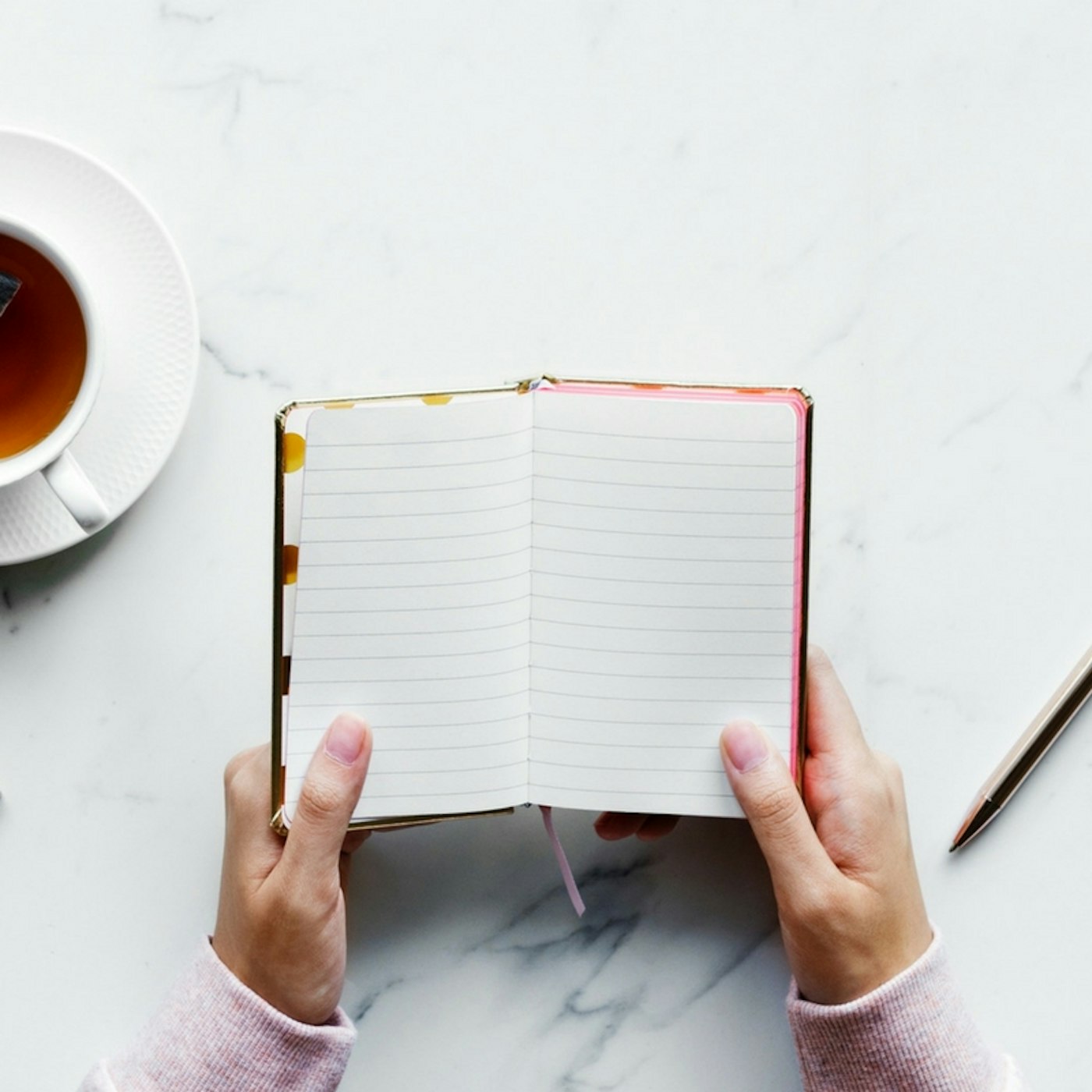
And your Lord says: Call upon Me, I will answer you.”
[Surah Mumin: Ayah 60]
Dua is one of the most important ways for us to communicate with Allah SWT and with the blessed month of Ramadan almost upon us, it’s vital that we prepare on how we can use dua to knock on the door of Allah’s mercy.
Below are some suggested tips for you to create a personal Ramadan dua list:
- Buy a small notebook and seclude yourself for about five to ten minutes.
- During this time, think about where you are currently in your relationship with Allah and where you would like to be. Make dua about your position in the Hereafter and what you want in this life (Your goals and aspirations). The Prophet SAW has taught us to ask for the best in this world and the Hereafter so don’t neglect either in your dua list.
- Think about your relationship with people (creation of Allah), whether that be your family, friends, and colleagues. What duas can you make for Allah to make your relationship with them better? Do you need more control over your anger? Do you want to be more patient? More giving? Be specific and write down dua’s on these.
- Think about your brothers and sisters across the world whether in Syria, Nigeria, Burma or Somalia. Make sure to include them in your dua list as well.
- The best duas are heartfelt and sincere. So, don’t feel shy about asking Allah
- Once you’re done with the list start making those duas now during your Sunnah prayers especially when you are in Sujud. This way you’ll know most of them by heart before Ramadan.
Below are my favourite duas to make in the month of Ramadan in Sujud during the obligatory daily prayers. If you can, memorise duas in Arabic before Ramadan:
اَللَّهُمَّ إِنِّي أَسْأَلُكَ عِلْمًا نَافِعًا , وَ رِزْقًا طَيَّبًا , وَ عَمَلاً مُتَقَبَّلاً
Allahumma inni as’aluka ‘Ilman naafi’an, wa rizqan tayyiban, wa ‘amalan mutaqabbalan
O Allah! I ask You for knowledge that is of benefit, a good provision and deeds that will be accepted.
اللَّهُمَّ اِنِّىْ اَسْئَلُكَ حُبَّكَ وَ حُبَّ مَنْ يُّحِبُّكَ وحُبَّ عَمَلٍ يُّقَرِّبُ اِلى حُبِّكَ
Allahumma inni as aluka hubbaka, wa hubba man yuhibbuka, wa hubba kulle ‘amalin yuqarribuni ila hubbika.
O Allah! I ask You for Your love and the love of those who love You, and for the love of every action which will bring me closer to Your love.
اللهم إنك عفو تحب العفو فاعفو عنى
Allahumma innaka `afuwwun, tuhibbul-`afwa, fa`fu `anni
O Allah, You are Most Forgiving, and You love forgiveness; so forgive me.
This is the famous dua to be made while seeking Laylatul Qadr (the night of decree which is one of the last 10 nights of Ramadan). Remember, this was given by the Prophet (peace be upon him) to one of the most beloved of all people to him: Aisha (radi’allahu anhaa) when she asked him what dua to make in this time (Sunan at Tirmidhi and others) so recite this dua as much as you can! Especially in these last days of Ramadan.
“And when My servants ask you concerning Me, then surely I am very near; I answer the prayer of the suppliant when he calls on Me, so they should answer My call and believe in Me that they may walk in the right way.”
[2.Surah Al-Baqarah : Ayah 186]
Related
Self-Love as a Form of Worship
Listen to how it all started. ‘Life before Amaliah’, over on our podcast, ‘Amaliah Voices’
What Butterflies, the Quran and Comfort Zones Taught me About Self Growth
Mahmoudat Sanni-Oba
Mahmoudat is a 2nd Year Accounting and Finance student at LSE, who is passionate about writing. She particularly loves to write on Islam, her experiences as a Black Muslim Woman and Mental Health